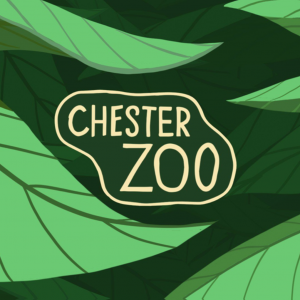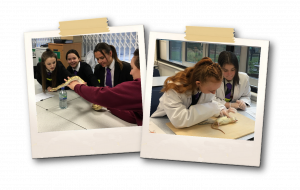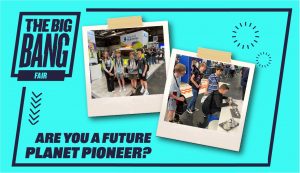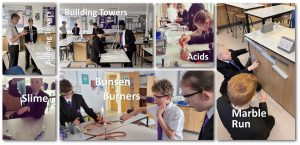Science
“Science and everyday life cannot and should not be separated” – Rosalind Franklin
Intent: The Big Ideas in Science at Atherton High School
In science we aim to foster an enquiring mind and provide students with the skills needed to understand the world around them. We cannot predict what the future will bring for our pupils, but the curriculum is designed to teach pupils to evaluate evidence, form reasoned opinions based on evidence and make informed ethical decisions that are becoming ever more prevalent in today’s technological world. Whatever the future dictates in the lifetime of our pupils, whether it be climate change, genetic technologies, immunology, artificial intelligence, or some, as yet, unknown scientific concern, the skills and understanding developed through our science curriculum will provide a solid base for our pupils to evaluate evidence and provide solutions.
The design of the science curriculum follows the National Curriculum for KS3 and KS4. It is taught through the development of 5 Big Ideas:
- Cells – to know the structure and function of cells, tissues and organs, and how they work together in an organ system.
- Interdependence – to know how the distribution and abundance of organisms can affected in an ecosystem.
- Matter – to understand how the properties of a substance are affected by the structure and arrangement of the atoms that make up the elements and compounds, and how they interact during reactions.
- Energy – to understand how energy flows through a system and how energy can be quantified and calculated.
- Forces – to know how forces can affect the shape, speed and direction of an object and relate these to Newton’s 3 Laws of Motion.
How the Science curriculum contributes to the school’s curriculum intent:
Our curriculum supports students from all backgrounds, including those who are disadvantaged, so students can access a high-quality, knowledge-rich curriculum. Our school community believes strongly in providing disadvantaged pupils with a curriculum that enables them to reach the academic standards of their non-disadvantaged peers. Our goal is to bring our young people into the big conversations of our disciplines, to bring depth to our curriculum, so they can understand the world around them.
- Knowledge – Knowledge is at the heart of every scheme of learning and is developed through key scientific concepts and investigation skills in a mixture of practical investigations, problem solving, worked examples and discussions. Knowledge about key scientific ideas: Cells, interdependence, Particles, Energy and Forces.
- Vocabulary rich – We have selected a challenging list of vocabulary, to enrich learning and deepen subject understanding through exposure to subject specific vocabulary to describe the processes and structures within key concepts in Biology Chemistry and Physics.
- Aspiration – Through a knowledge rich ambitious curriculum pupils are taught challenging subject matter with a focus on developments in science over time and how scientists work to develop solutions to ongoing medical, industrial and environmental concerns. The science curriculum build in the development of critical thinking by challenging pupils perceptions of science, giving then the knowledge and understanding to answer the Big Questions and consider the impact a future scientist can have on our daily lives. Formative feedback is used to support the culture of improvement – we always can improve our work, knowledge and learning.
- Character building – In science we aim to build character through the study and investigation of scientific ideas, which encourage critical thinking and understanding of how scientific ideas and theories become accepted. Resilience & mental toughness are nurtured through the climate for learning in the Science classroom: can do culture, learning from mistakes, DIRT time & meta-cognition. Pupils are also given exposure to a range of careers in science and cultural capital visits including The Big Bang Fair, Chester Zoo, Wigan and Leigh College’s Vets in Practice course and more recently a cultural visit to London to visit the Science Museum and Natural History Museum.
- Love learning – Pupils study engaging, real life themes which encourages students to question and evaluate data and evidence. Teaching methods use a range of techniques to engage pupils and foster a love of learning. Challenge is promoted through deep learning to develop pride in achievement that develops confidence, self-belief and aspiration to learn more.









